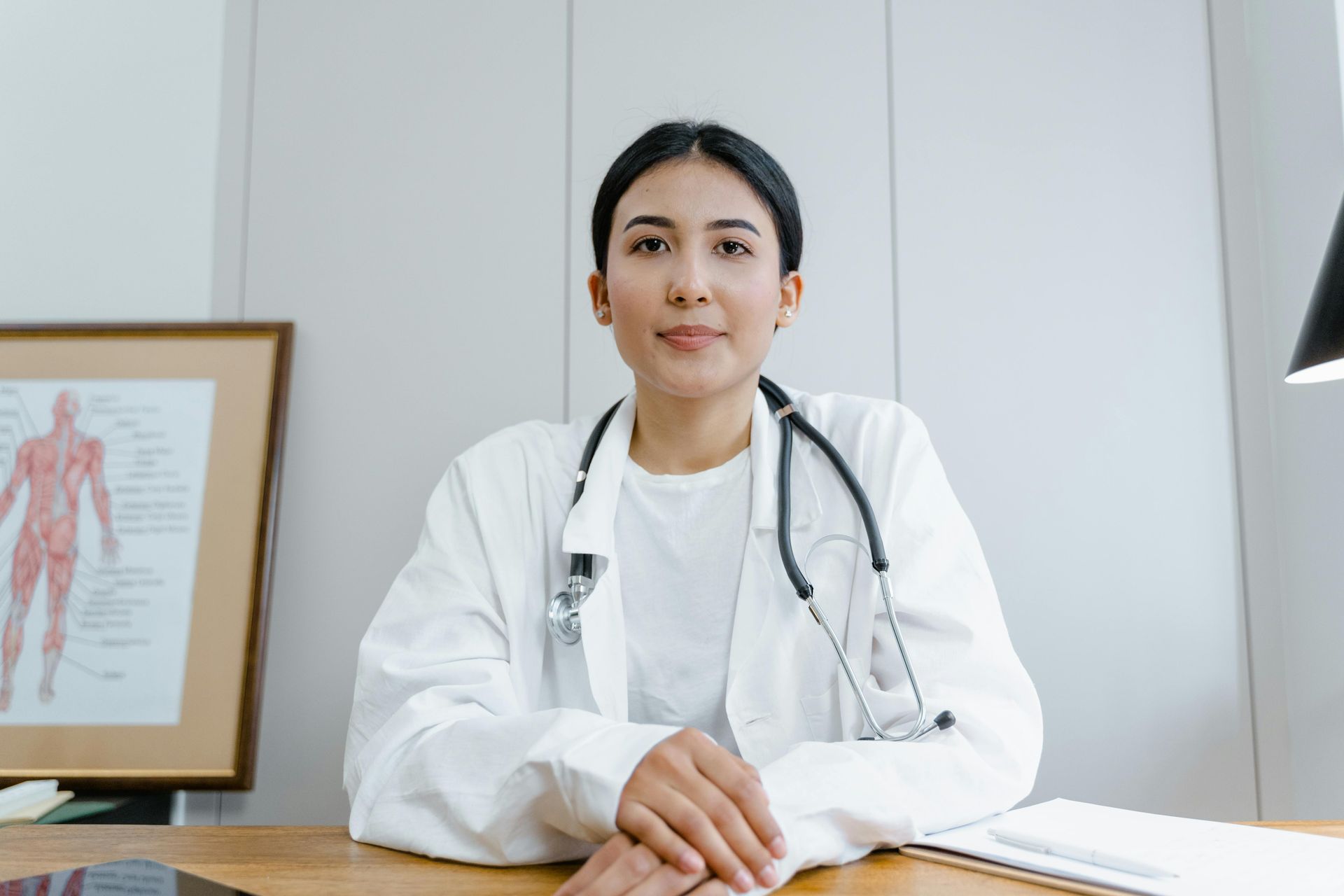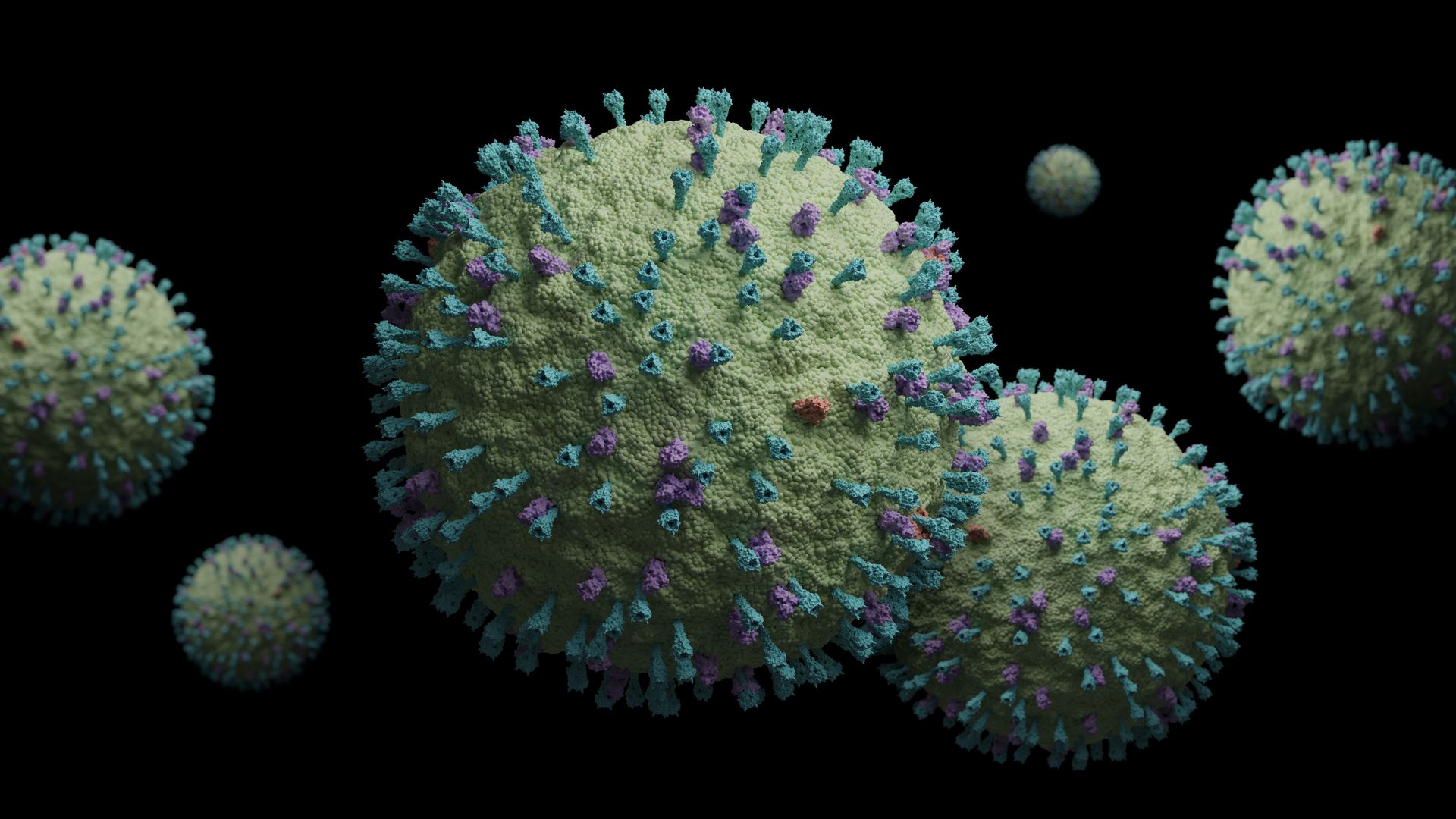New vaccines and the impact of your first jab…
Are you safe?
There's more good news around covid with the release of another new coronavirus vaccine, this time developed by the North American company Novavax. Better still, it's 89% effective in preventing the UK variant of the virus in phase three clinical trials. We report on that below. There's more. What if you've had your first jab of the vaccinations that are currently available? Are you safe after the first injection? Here's what you need to know.
A new vaccine from the USA
The new vaccine from Novavax comes in two doses, but unlike the Pfizer/BioNTech vaccine it stays stable in an ordinary fridge for as long as three months. The UK has ordered 60 million doses of the vaccine to be manufactured up in the north east, on Teesside. As long as it's approved by the regulators, it should be available some time during the second half of this year. The vaccine offers 86% protection against the new UK variant and is 96% effective against the original variant.
Scientists continue to worry about whether the current vaccines we have will work as well against the South African variant of the virus, and the one that popped up in Brazil. Novavaxis already starting work on another new vaccine to target the South African variant.
Are you safe after your first covid jab?
In the UK over 7 million people have had their first jab. Most will have to wait about three months before they get the second dose. If that's you, how safe are you in the meantime?
Are you OK to go back to normal once you've had one dose of a coronavirus vaccine? The short answer is no. In fact one expert, Danny Altman, from Imperial College London, says over-confidence could be fatal. In his words, “Don’t for a moment imagine you are safe. That would be a horrific thing to do. You absolutely can’t remotely modify your behaviour until well after your second dose.”
Here's why:
- It takes at least 2-3 weeks for the first jab to start protecting you
- It isn’t clear how much protection a single dose of any vaccine provides, simply because the trials done so far didn't look into it
- No vaccine provides complete protection, even after two doses
- The Pfizer and BioNTech vaccines come with a 1 in 20 chance of getting symptomatic infections
- The AstraZeneca and the University of Oxford vaccine leaves as many as 1 in 3 people still vulnerable
- Your risk of catching the virus still depends on how likely you are to be exposed to it – and the infection rates in the UK are still at a record-breaking high, worse than any other country in the world. This leaves us all at more risk now than we were last year
- If you catch covid despite being vaccinated, you can still get seriously ill and die
- 10 to 20% of infected people also get long covid which, for all we know, could last a lifetime
- You can probably still infect other people even when you've been vaccinated. Nobody knows whether vaccinated people can still get asymptomatic infections and pass the disease on, but the little evidence we have so far says this is likely
- The B.1.351 and P.1 variants from South Africa and Brazil can partly avoid the body's immune response, so the current vaccines we have might not be as effective against them
The bottom line?
After vaccination, you can still be infectious without realising it. That means we all need to take the same precautions until most people have been vaccinated. While you can, for example, see your elderly relatives once you’ve all been vaccinated, you’d still want to take sensible precautions.
We don't know how much protection you get after a single dose of a vaccine. The UK’s Joint Committee on Vaccination and Immunisation says that after the initial three week period following the first jab, the Pfizer/BioNTech vaccine prevented 90% of symptomatic infections and the Oxford/AstraZeneca comes in at 70%. This is why the UK has decided to delay second doses to give more people the first one.
But because we really need more data to prove the theory, it makes sense to stay safe until we know for sure.
Studies are underway. In the meantime there's no end in sight, and the future we eventually find ourselves in will probably look very different from the old world. Invest in our UVC light tech and keep people safe by killing off the coronavirus and many more nasty viruses. It's a business-saver as well as a life-saver!










